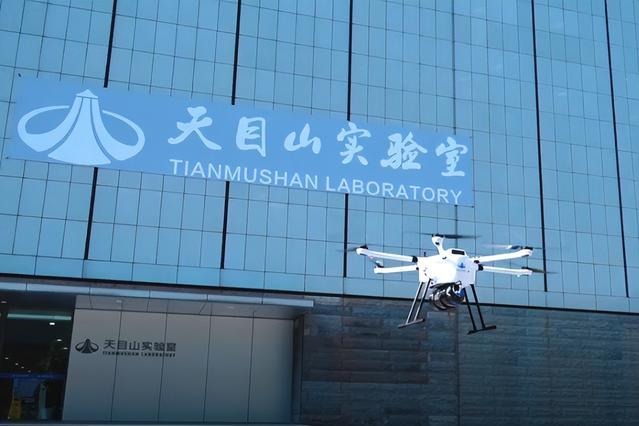Know-how pool planned to aid Africa

Program will share effective practices from China-led projects on the continent
South-South cooperation is set to get a boost with the launch of a knowledge-sharing platform spearheaded by the World Bank that will identify and share good practices drawn from China-led projects in Africa.
The China-Africa program within the Global Delivery Initiative seeks to look at how Chinese projects in the continent are flourishing, borrow effective strategies and implement them in other development programs across the continent.
The GDI, launched at the spring meetings of the World Bank Group in April 2015, has a pool of knowledge drawn from case studies across the world. It uses its cumulative know-how to help those responsible for development make well-informed decisions and produce consistent results. Its partners include the German development agency GIZ, China's Finance Ministry, the Korea Development Institute and the World Bank.
Other partners are the European Union, the World Research Institute, the Economic Commission for Latin America and the Caribbean, the Inter-American Development Bank and Harvard, Princeton, and Dartmouth universities.
The three year-partnership is expected to begin before the end of the year.
"This comes from the realization of China's growing influence in Africa. Although it is a late entrant in GDI, its rapid economic development and growing presence in the continent make it an invaluable partner in this knowledge-pooling program," says Bob Wekesa, a postdoctoral fellow at University of the Witwatersrand in South Africa.
He says the research will not only shed light on know-how stemming from China-Africa cooperation, but also will evaluate the impact of its programs. "China will be able to identify emerging challenges and thus adjust accordingly, which will consequently reduce waste in costs and technical resources," says Wekesa.
Robert Kagiri, director of the Center for Strategic Policy Management at the Africa Policy Institute, a think tank based in Kenya, says, "The most important thing that the program will seek to answer is why and how."
Preparations for the project have begun. According to Kagiri, capacity-building sessions have been held in Beijing and Chongqing in September 2015, followed by a symposium discussing the different delivery challenges facing a broad spectrum of partners.
Early this year, senior representatives from the World Bank scouted the continent and held meetings with selected local academic and research partners, who are expected to identify and train researchers for the China-Africa project. The group has visited South Africa, Kenya and Ethiopia.
Kagiri says the knowledge will not only be valuable to development programs but also to foreign private investors interested in establishing a base in Africa. He says that despite Africa presenting an enticing investment opportunity, the perceived risks of doing business there are high.
"Chinese firms, especially private entities, have defied all odds, and many of them have put up sustainable operations here. The project will extract valuable lessons learned on overcoming nontechnical challenges in project design and implementation and those that are already completed with tractable results," he says.
China is Africa's biggest trading partner. Data from the United Nations Conference on Trade and Development shows that China's trade with the continent increased from $13 billion in 2001 to $188 billion in 2015. Foreign direct investment has grown even faster, at an annual rate of 20.5 percent.
"Research will look into projects such as the standard gauge railway, the Ethiopia-Djibouti railway and others that have been completed in record time without glitches such as budget overruns," says Kagiri.
The move comes at a time when the latest reports show that Chinese companies in Africa have had a significant impact, especially in reducing unemployment rates.
According to a report from global management consultancy McKinsey released in June, of the 1,000 companies interviewed, 89 percent of employees were African, adding up to more than 300,000 jobs for African workers.
"Across trade, investment, infrastructure financing and aid, there is no other country with such depth and breadth of engagement in Africa. The Chinese 'dragons' - companies of all sizes and sectors - are bringing capital investment, management know-how and entrepreneurial energy to every corner of the continent, and in so doing, they are helping to accelerate the progress of Africa's 'lions,' as its economies are often referred to. Yet to date, it has been challenging to understand the full extent of the Africa-China economic relationship due to a paucity of data," says the report.
lucymorangi@chinadaily.com.cn
(China Daily Africa Weekly 07/07/2017 page26)
Today's Top News
- Evidence mounts of Japan's wartime atrocities
- Gunmen kill 11, wound many on Sydney beach
- Study finds Earth's deep water reservoirs
- China remembers victims of Nanjing Massacre 88 years on
- Philippines' provocations will avail it nothing: China Daily editorial
- China steps up financial support to spur consumption






























